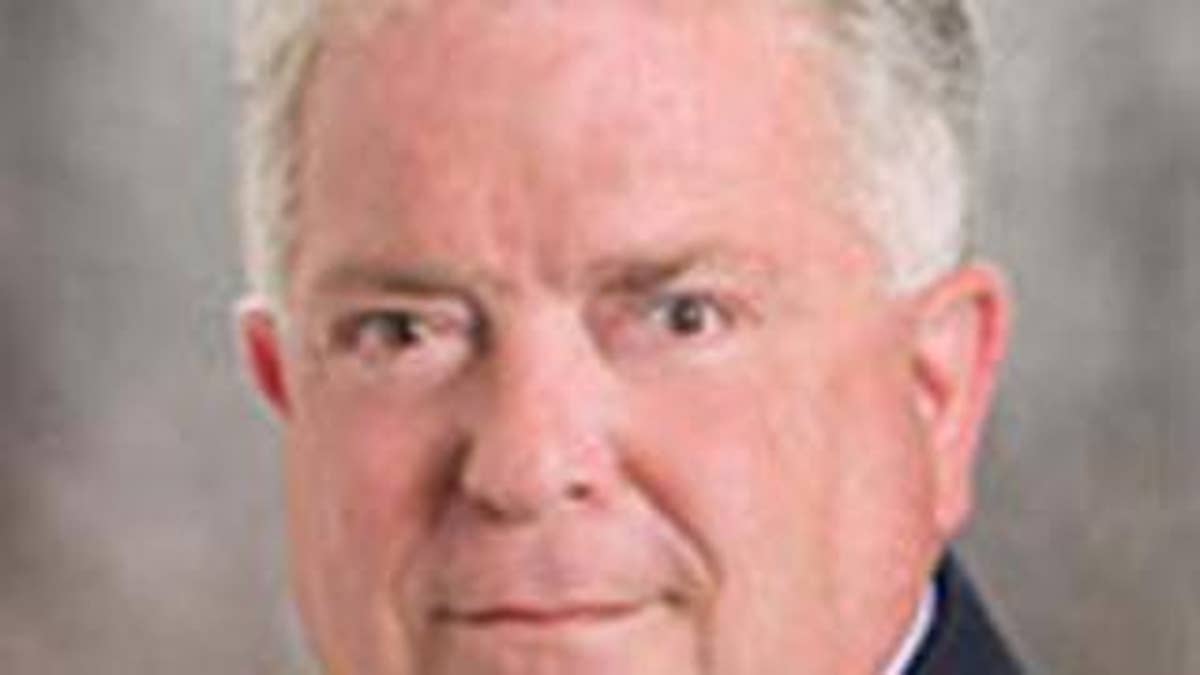
Strong supporters of Israel are questioning whether the man who reportedly has been chosen to head the National Intelligence Council will undermine U.S. policy in the Mideast.
Chas Freeman, former U.S. Ambassador to Saudi Arabia and a longtime critic of Israel and the Iraq War, has been tapped for the position, according to several news outlets. As chairman of the NIC, he would head the group that prepares the sensitive National Intelligence Estimate for President Obama,
The White House would not confirm whether Freeman, now president of the Middle East Policy Council, was offered the influential post, which does not require Senate confirmation. A spokesman for the Office of the Director of National Intelligence, which oversees the council, told FOXNews.com: "We have nothing to announce."
Freeman was offered and has accepted the position, according to reports in Foreign Policy Magazine and politico.com, among others,
As chairman of the NIC, he would lead the effort to create mid-term and long-term strategic thinking within the U.S. intelligence community and would assist in producing the National Intelligence Estimate -- a classified document that analyzes potential threats to U.S. national security.
NIEs -- given to senior intelligence officials, including the president -- are "the most authoritative written judgments on national security issues and designed to help U.S. civilian and military leaders develop policies to protect U.S. security interests," according to the DNI's Web site.
Iran's nuclear ambitions and the threat of global terrorism have been primary concerns of the NIE since the U.S.-led invasion of Iraq in March 2003.
Freeman has a formidable resume of foreign policy positions that include U.S. ambassador to Saudi Arabia under George H.W. Bush and assistant secretary of defense for international security affairs -- a position that earned him public service awards for his role in creating a NATO-centered post-Cold War European security system. Freeman also served as Richard Nixon's chief translator in China in 1972.
But statements the former ambassador made over the last three decades on U.S. peace efforts in the Middle East and Iran's threat to the international community have prompted some to question his objectivity in a role that requires it.
In a speech to the Pacific Council on International Policy in October 2007, Freeman said the U.S. has "abandoned the role of Middle East peacemaker to back Israel's efforts to pacify its captive and increasingly ghettoized Arab populations."
"We wring our hands while sitting on them as the Jewish state continues to seize ever more Arab land for its colonists," he said. "This has convinced most Palestinians that Israel cannot be appeased and is persuading increasing numbers of them that a two-state solution is infeasible ... killing, incarcerating, or otherwise humiliating Arabs and other Muslims who sympathize with Al Qaeda does not defeat the enemy; it aids him."
In reference to the Iraq war, Freeman said, "Now the United States has brought the Palestinian experience -- of humiliation, dislocation, and death -- to millions more in Afghanistan and Iraq.
"By invading Iraq, we transformed an intervention in Afghanistan most Muslims had supported into what looks to them like a wider war against Islam. We destroyed the Iraqi state and catalyzed anarchy, sectarian violence, terrorism and civil war in that country."
Critics say strong views like those might present a conflict of interest if Freeman is appointed NIC chairman.
"This is a really serious error on the part of Dennis Blair and the Obama administration," said Frank Gaffney, founder and president of the think tank Center for Security Policy . "Both in government and certainly in the period since he left government, he has compromised the objectivity that one would want in the person whose job it is to oversee the production of National Intelligence Estimates."
Gaffney called Freeman's perceived lack of concern for the Iranian threat to the U.S. and Israel "profoundly troubling," saying it would be "irresponsible in the extreme in the person who runs the National Intelligence Council."
"Whether it's his association with organizations with close ties to Iranians or close ties to the Chinese, these are disqualifiers for the job," Gaffney said.
But others disagree, saying the foreign policy veteran would bring a breadth of knowledge to the intelligence post, and that his anti-Iraq war position and attention to the Palestinian cause, among other things, in no way cast doubt on his ability to serve as the NIC head.
"He is one of the most well-rounded, knowledgeable and fiercely independent people I've ever dealt with in or out of government," said Lawrence Korb, a senior fellow with the Center for American Progress and former Assistant Secretary of Defense for Ronald Reagan.
Korb said "it's completely unfair" to question Freeman's objectivity. "He's going to tell it like it is and he doesn't have any bias. This is a man who interpreted for Richard Nixon in China. I can't think of a better background," he said.




